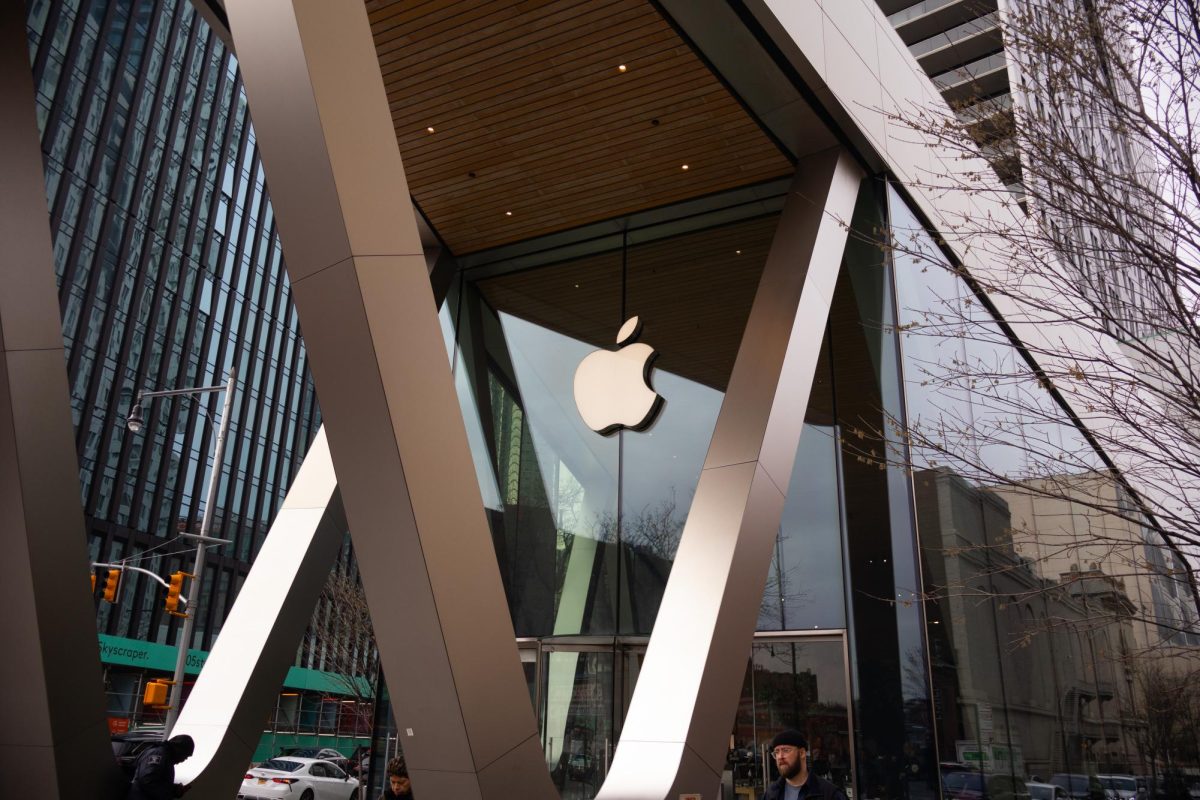The U.S. Department of Justice and 17 states sued Apple Inc. on March 21, alleging it monopolized the smartphone market and violated antitrust laws due to its “anticompetitive and exclusionary conduct” surrounding App Store guidelines and the functionality of its devices.
In an 88-page lawsuit, Apple was accused of impeding competition by enforcing restrictive App Store guidelines and developer agreements, allowing the tech giant to levy higher fees, stifle innovation and provide a “less secure” user experience. The complaint also says the company’s practices are aimed at fostering customer dependence on Apple’s ecosystem of devices, notably the iPhone.
“No matter how powerful, no matter how prominent, no matter how popular — no company is above the law,” U.S. Deputy Attorney General Lisa Monaco said.
Apple shares fell 4% on March 21 when the case was filed in the U.S. District Court for the District of New Jersey.
The lawsuit is part of a series of antitrust actions initiated by the Biden administration, targeting Alphabet Inc., Amazon.com Inc. and Meta Platforms Inc. for allegedly maintaining monopolies and lacking fair, competitive and innovative business practices.
For Apple, the antitrust suit focuses on how its uniform business model has exercised “monopoly power to extract more money from consumers, developers, content creators, artists, publishers, small businesses and merchants, among others.”
One example is how Apple makes it easier for its own products — such as smartwatches, headphones and laptops — to connect with its devices, rather than products made by other manufacturers.
The suit said Apple has limited finance companies’ access to iPhones’ payment chip, which uses near field connection technology, or NFC, and enables the tap-to-pay function. While banks and credit card firms can have their products in the Apple Wallet, they can’t access the chip’s programming, preventing them from creating their own wallets for customers.
The company also “undermines” communication between iPhones and Android phones, as the appearance of a green bubble when texting a competitor’s phone suggests that “rival smartphones are lower quality,” according to the court filing. In this scenario, texts are not encrypted, resulting in pixelated and grainy videos, and users are unable to edit messages or see typing indicators.
The government said the practices make customers less likely to replace their iPhone for another smartphone, leaving them with “higher prices and fewer choices.”
Apple responded to the suit, stating the company will “vigorously defend against it.”
“If successful, it would hinder our ability to create the kind of technology people expect from Apple — where hardware, software and services intersect,” said an Apple spokesperson in a statement. “It would also set a dangerous precedent, empowering government to take a heavy hand in designing people’s technology.”
In 2020, Apple defended its App Store policies in response to an Epic Games Inc. lawsuit after banning the gaming company from the iOS store. The antitrust suit centered on Apple’s failure to inform users about alternative payment methods. Apple argued that there are minimal barriers for customers to switch between its iPhone operating system and Google’s Android system, emphasizing customer loyalty to Apple.
Expectations of changes in policies, business strategies and products loom for the company as the Biden administration shows commitment to addressing competition and lowering prices, according to CNN.
But the U.S. government is not the first to file antitrust suits against Apple. Antitrust investigations have also been launched in Europe and Japan, with potential fines looming in South Korea and the Netherlands for charging app developers to use alternative payment processors.
European regulators focused solely on the App Store, while the DOJ, which began investigating Google, Meta, Amazon and Apple in 2019 under President Donald Trump, noted the dominance of products and services within the Apple ecosystem.
Legal experts observe that companies have the legal right to prioritize their own products, so the DOJ is expected to demonstrate how Apple’s actions signify antitrust violations.
“Competition makes devices more private and more secure,” said Jonathan Kanter, assistant attorney general of the Justice Department’s antitrust division. “In many instances, Apple’s conduct has made its ecosystem less private and less secure.”










